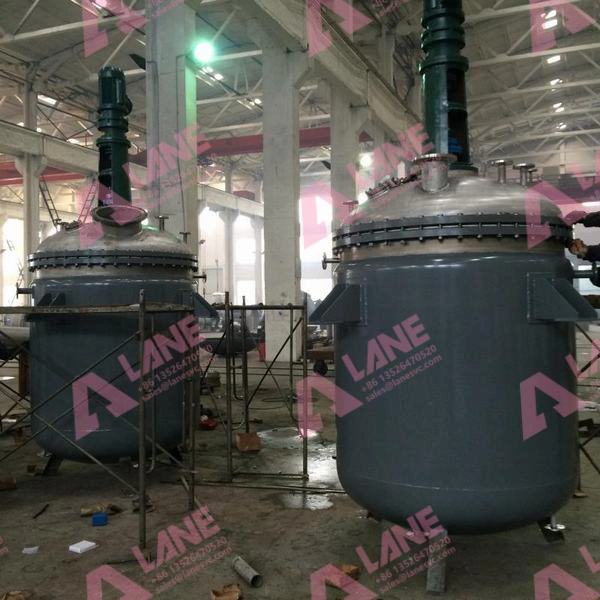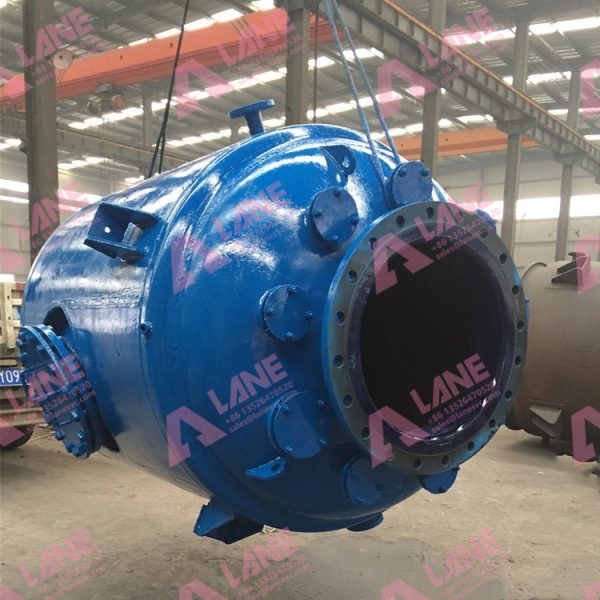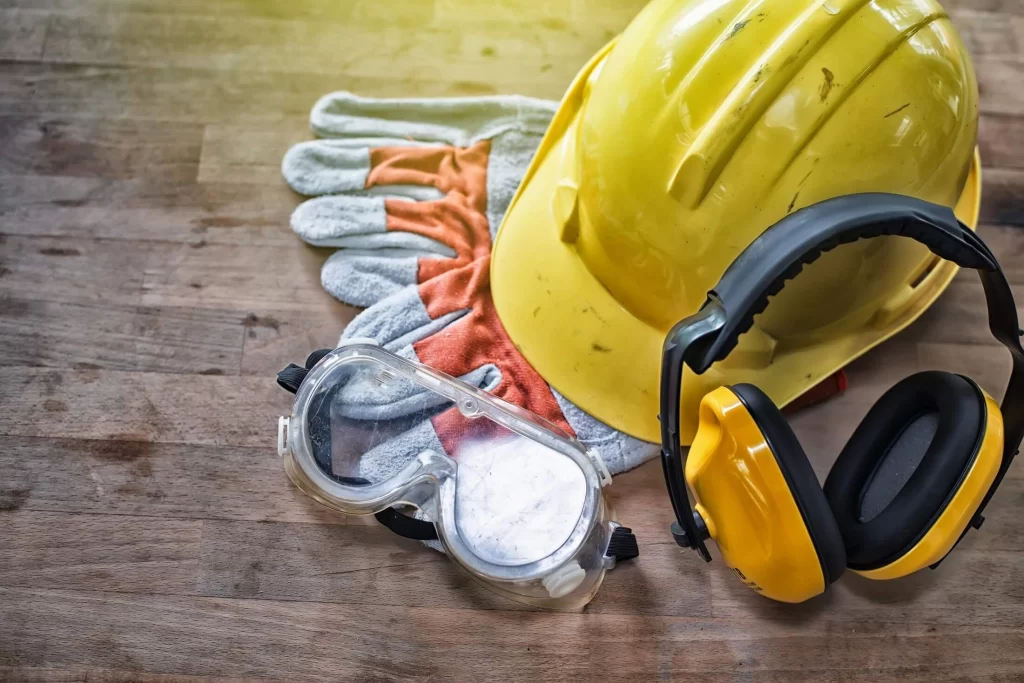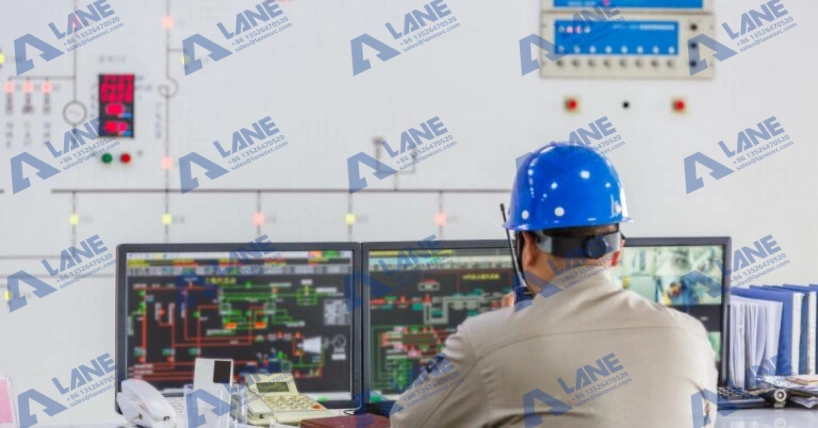Release time:2025-11-04 popularity:407
In modern chemical and fertilizer manufacturing, reactors play a crucial role in ensuring continuous production and consistent product quality. These systems operate under high pressure, temperature, and chemical stress—making effective maintenance essential for long-term reliability and safety. Understanding and applying reactor maintenance best practices helps minimize downtime, optimize energy use, and extend equipment life, leading to improved plant efficiency and profitability.

Reactor maintenance refers to the systematic inspection, cleaning, calibration, and servicing of equipment used in chemical reactions. In fertilizer plants, this often involves reactors for Single Super Phosphate (SSP), Triple Super Phosphate (TSP), or phosphoric acid production. Effective maintenance ensures stable reaction conditions and prevents corrosion or blockages that can compromise product quality. Maintenance typically includes:
Routine inspections—both scheduled and predictive—help identify early signs of wear before they lead to costly breakdowns.
Operating reactors continuously in harsh conditions creates several challenges:
Corrosion and Scaling: Caused by acidic materials and high-temperature processes.
Mechanical Wear: Shafts, impellers, and seals degrade over time.
Instrumentation Drift: Sensors may lose calibration, leading to inaccurate readings.
Safety Hazards: Improper maintenance can result in pressure buildup or leaks.
Addressing these challenges requires proactive inspection schedules and using durable, corrosion-resistant materials for reactor components.

Adhering to proven reactor maintenance best practices improves plant uptime and ensures compliance with industry safety standards. The following guidelines are essential for any chemical or fertilizer operation:

When maintenance is performed consistently, plants benefit across multiple areas:
Extended Equipment Life: Prevents premature wear and corrosion.
Reduced Downtime: Scheduled maintenance avoids unexpected shutdowns.
Improved Product Quality: Stable reaction conditions ensure consistent results.
Energy Efficiency: Clean and well-calibrated systems reduce unnecessary energy use.
Regulatory Compliance: Maintains adherence to environmental and safety standards.
Ultimately, proactive maintenance builds long-term reliability and trust in production performance.
Modern fertilizer and chemical plants increasingly rely on digital technologies for maintenance optimization. Predictive maintenance uses sensors, AI, and real-time analytics to monitor reactor conditions continuously. These systems can detect abnormalities—such as vibration, temperature fluctuations, or pressure anomalies—before mechanical failure occurs.
Implementing smart reactor maintenance best practices helps manufacturers transition from reactive to predictive strategies, improving efficiency and reducing maintenance costs.

Sustainable maintenance practices play a vital role in minimizing the environmental footprint of industrial operations. In modern fertilizer and chemical plants, applying reactor maintenance best practices ensures that maintenance work is both efficient and eco-friendly.
Use non-toxic cleaning agents and corrosion inhibitors to reduce chemical pollution. Properly dispose of used lubricants and waste materials following environmental regulations. Recycle metal components or refurbish worn parts whenever possible to extend equipment lifespan and reduce raw material consumption. By integrating sustainability into reactor maintenance best practices, companies not only protect the environment but also enhance long-term operational efficiency, reduce maintenance costs, and strengthen their reputation for responsible production.
A well-maintained reactor is fundamental to achieving stable operations, high safety standards, and consistent output—key pillars of long-term success in both chemical and fertilizer manufacturing. Regular inspections, precise calibration, and proper cleaning not only prevent unplanned downtime but also ensure optimal reaction efficiency and product quality.
By implementing reactor maintenance best practices, manufacturers can lower operating costs, reduce energy consumption, and extend the lifespan of critical reactor components. These practices also contribute to sustainability by minimizing waste generation and improving resource utilization across the entire production line. As the industry moves toward digital transformation, integrating automation, sensor technology, and predictive analytics with established reactor maintenance best practices will shape the next generation of safe, intelligent, and energy-efficient reactor management systems.
For more details, please feel free to contact us.
Henan Lane Heavy Industry Machinery Technology Co., Ltd.
Email: sales@lanesvc.com
Contact number: +86 13526470520
Whatsapp: +86 13526470520